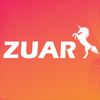What Is Centralized Data? Roadmap to Single Source of Truth
Learn how centralizing your data can eliminate data silos, create a single source of truth, and enhance collaboration, among many other benefits!
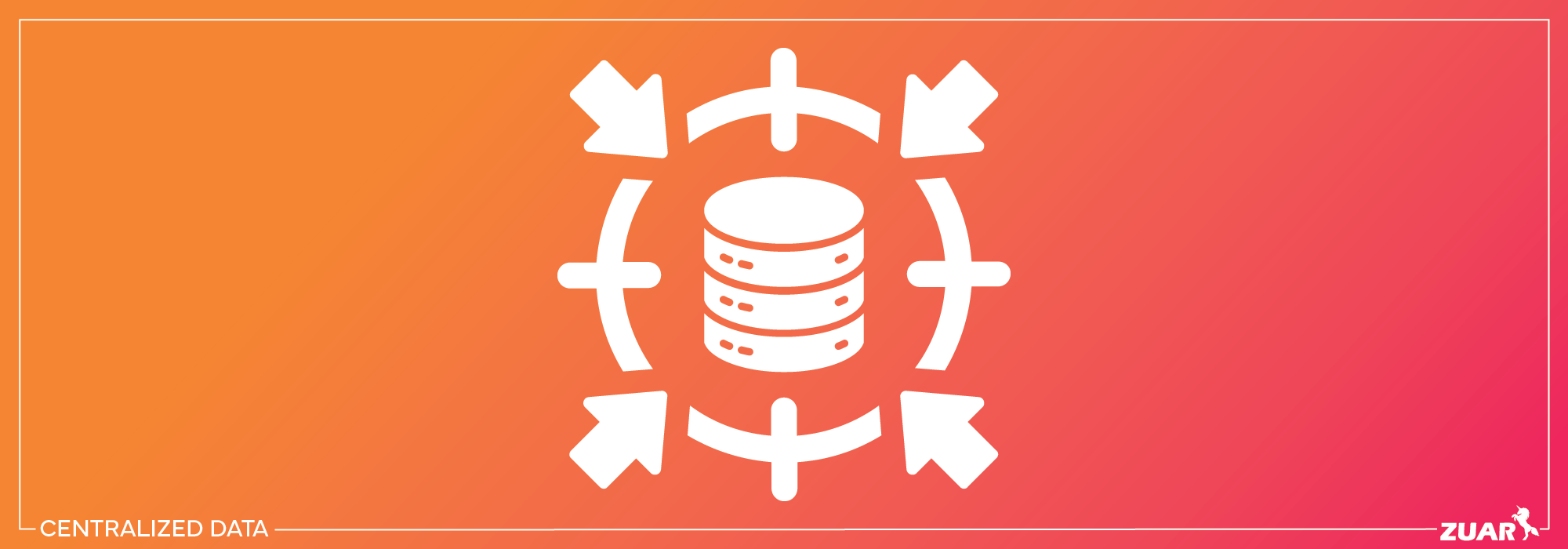
Overview
Did you know that centralized data can help your business gain a comprehensive view, streamline processes, enhance decision-making, and help drive revenue?
In this article, we will dive into the world of centralized data, discuss its importance, and provide a roadmap to achieve a single source of truth for your organization. Buckle up and get ready to unlock the full potential of your data!
Key Takeaways
- Centralizing data enables improved governance, security, and collaboration to create a single source of truth.
- Streamlined processes lead to better decision-making for businesses while fostering a data-driven culture.
- Leveraging centralized data can improve customer experience, drive innovation and growth, ensure quality and integrity, and adapt to evolving technologies and regulations.

The Importance of Centralized Data
Centralized data is taking the business world by storm, and for a good reason. Businesses can reap various benefits when they consolidate data from multiple sources into a cloud data warehouse. These include:
- The elimination of data silos
- Improved data governance and security
- Enhanced collaboration
- The creation of a reliable single source of truth for storing data.
Additionally, centralizing data can enable:
- Efficient and effective data-driven strategies
- In-depth analysis
- Leveraging of business intelligence (BI) tools
- Reducing costs by simplifying the data stack and eliminating the need for many costly, siloed tools.
Creating a Single Source of Truth
Imagine having a centralized database that eliminates data discrepancies and duplications, ensuring consistent and reliable information for decision-making.
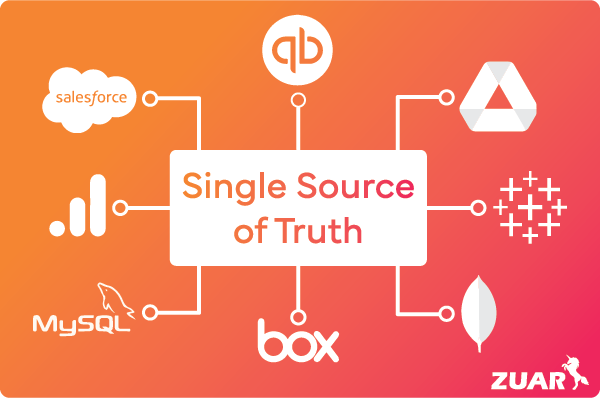
That’s the power of a single source of truth. Establishing a single source of truth allows businesses to guarantee consistent high-quality information delivery throughout the customer journey.
It also provides clear guidance to all personnel involved in content creation within the organization.
This can be achieved by selecting an appropriate data warehouse, integrating multiple data sources, and ensuring the security and compliance of data access.
Zuar Portal can fast-track this process by creating a one-stop shop for all the metrics and KPIs your stakeholders require, uniquely tailored to meet their individual needs in a convenient analysis hub.
This platform also enables you to easily implement access control, ensuring that sensitive data remains secure while still providing relevant stakeholders with the information they need.
Learn more about Zuar Portal...

Streamlining Business Processes
One of the primary benefits of centralizing data is its ability to streamline business processes, minimize inefficiencies, and facilitate cross-functional collaboration. When teams can access the same data, they can work together more effectively and identify solutions to inefficiencies more quickly.
In addition, centralizing data can help expedite reporting times and eliminate inaccurate or duplicated data, making it easier for teams to analyze and derive accurate insights from the data.
Fostering a Data-Driven Culture
A data-driven culture is crucial as it empowers organizations to make informed, evidence-based decisions, fostering agility, innovation, and a competitive edge.
It promotes a proactive, rather than reactive, approach to problem-solving, enabling businesses to adapt swiftly to changes and capitalize on emerging opportunities.
Embracing a data-driven culture not only enhances decision-making but also encourages a more collaborative and transparent environment, where decisions are based on factual analysis rather than subjective opinions or gut feelings, ultimately leading to more sustainable and successful outcomes.

Overcoming Data Silos With Centralization
Data silos can be a major obstacle to effective data sharing and transparency within an organization. These isolated repositories of data hinder collaboration and decision-making across the organization, leading to fragmented and disconnected data.
Centralizing data allows businesses to overcome data silos, promoting collaboration and data consistency, which ultimately improves the organization’s overall efficiency and effectiveness.
The Problem With Data Silos
Data silos create barriers to data sharing, leading to inconsistencies and inaccuracies in decision-making.

These isolated repositories of data make it challenging to access and share data, resulting in a lack of data consistency and quality across the organization.
This can be detrimental to the organization’s ability to make informed decisions and can ultimately hinder business growth.
Benefits of Breaking Down Data Silos
Breaking down data silos through centralization can not only improve data quality and consistency but also enhance accessibility across the organization.
Centralizing data grants teams within an organization access to the same set of data. This facilitates:
- Increased efficiency
- Accelerated innovation
- Improved communication and collaboration

Implementing a Centralized Data Management System
Implementing a centralized data management system is a crucial step in leveraging the benefits of centralized data. This process involves choosing the right data warehouse, integrating multiple data sources, and ensuring data security and compliance to effectively manage data.
Choosing the Right Data Warehouse
Selecting the appropriate data warehouse is essential for efficient data storage, retrieval, and analysis. Relational databases, NoSQL databases, and object-oriented databases are all viable options for implementing a data warehouse that best suits your organization’s needs.
Cloud data warehousing platforms, such as Amazon Redshift or Google BigQuery, can provide scalability, flexibility, and optimal performance for complex analytical processes while reducing maintenance costs and increasing efficiency.
Integrating Multiple Data Sources
Integrating multiple data sources enables a comprehensive view of the business and promotes data consistency.

Some benefits of consolidating data from various sources into a single centralized platform include:
- Assuring data accuracy
- Providing a holistic view of the organization’s data landscape
- Allowing for deep analysis
This can be achieved by implementing a data integration solution such as Zuar Runner. This ELT platform can automate the flow of analytics from numerous disparate sources and integrate them into a single destination for analytics.
Learn more about this powerful platform:
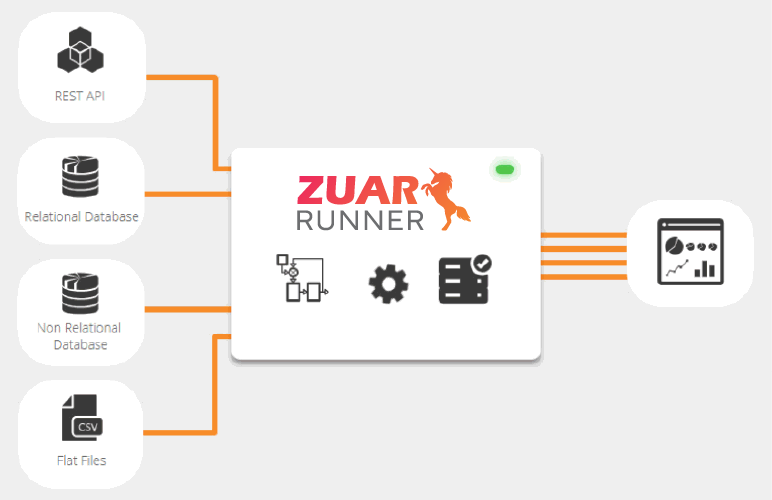
Ensuring Data Security and Compliance
Ensuring data security and compliance is vital for protecting sensitive information and adhering to regulatory requirements. To guarantee the security and compliance of your centralized data management system, it is essential to:
- Develop a comprehensive data security policy
- Implement data protection measures
- Regularly monitor and audit data security measures
- Provide training and education to staff
- Promptly address security-related complaints or incidents
- Remain up-to-date with cybersecurity threats

Leveraging Centralized Data for Competitive Advantage
Leveraging centralized data can provide your business with a competitive advantage, allowing you to optimize data analytics, improve customer experience, and drive innovation and growth.
Empowering data teams with access to complete and accurate data enables businesses to make data-driven decisions and capitalize on market opportunities.
Improving Customer Experience
Centralized data can significantly improve customer experience by providing consistent and accurate information across all touchpoints.
When businesses centralize their data, they ensure that customers consistently receive the same high-quality information throughout their customer journey. This results in a more seamless and enjoyable experience for the customer, ultimately leading to increased customer satisfaction and loyalty.
Driving Innovation and Growth
Driving innovation and growth is achieved by empowering teams with access to complete and accurate data, allowing them to make informed decisions and capitalize on opportunities in the market.
By fostering a data-driven culture and leveraging centralized business data, businesses can stay ahead of industry trends and drive innovation, ultimately leading to business growth and success. Utilizing company data effectively is a crucial aspect of this process.

Challenges and Solutions in Centralizing Data
Centralizing data comes with its own set of challenges, including balancing centralized and decentralized data models, ensuring data quality and integrity, and adapting to evolving technologies and regulations.
However, by addressing these challenges and implementing effective solutions, businesses can successfully centralize their data and reap the benefits of a centralized data management system.
Balancing Centralized and Decentralized Data Models
Finding the right balance between centralized and decentralized data models is crucial for maintaining flexibility and adapting to changing business needs.
A decentralized data model is a system where data is distributed across multiple locations or nodes, allowing for independent control and storage without a central authority or singular point of access.
Centralized data models offer simpler management and control, while decentralized data models provide autonomy, scalability, and resilience.
A balanced approach that meets their unique requirements and allows for adaptation to changing circumstances can be achieved by businesses when they leverage the benefits of both centralized and decentralized data models.
Ensuring Data Quality and Integrity
Ensuring data quality and integrity is crucial for maintaining accurate and reliable information for decision-making. To guarantee data quality and integrity, businesses can implement the following processes:
- Data validation
- Data cleansing
- Data auditing
- Data monitoring
Organizations can ensure that their centralized data provides a reliable foundation for decision-making and drives business growth by addressing data quality and integrity challenges.
Adapting to Evolving Technologies and Regulations
Adapting to evolving technologies and regulations requires continuous monitoring and updating of data management practices.
Businesses can ensure their data management practices remain compliant and up-to-date by staying informed about the latest regulatory changes and embracing new technologies.
This proactive approach allows organizations to maintain a competitive edge in the market and continue to leverage the benefits of centralized data.

Centralizing Your Data: Next Steps
As we've iterated, centralizing data is a powerful strategy that can help businesses gain a comprehensive view, streamline processes, enhance decision-making, and foster a data-driven culture.
By meeting with our data services team at Zuar, we can help you design and deploy a customized data centralization strategy that aligns with your specific business objectives.
Our team can assist in integrating diverse data sources, setting up efficient data pipelines, and ensuring that your data architecture supports both current and future analytics needs, propelling your business toward data-driven success.
Additionally, Zuar Runner can enable you to easily control and monitor the flow of data from hundreds of potential data sources to a data warehouse, and Zuar Portal can provide customized, secure, global analytics access to any audience.
Learn more about our solutions and services by scheduling a data strategy assessment with one of our friendly data experts:
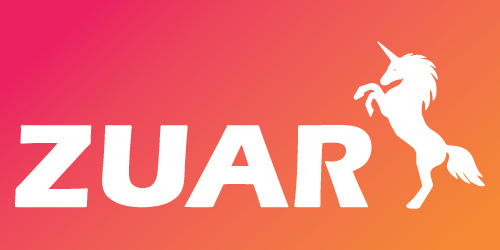
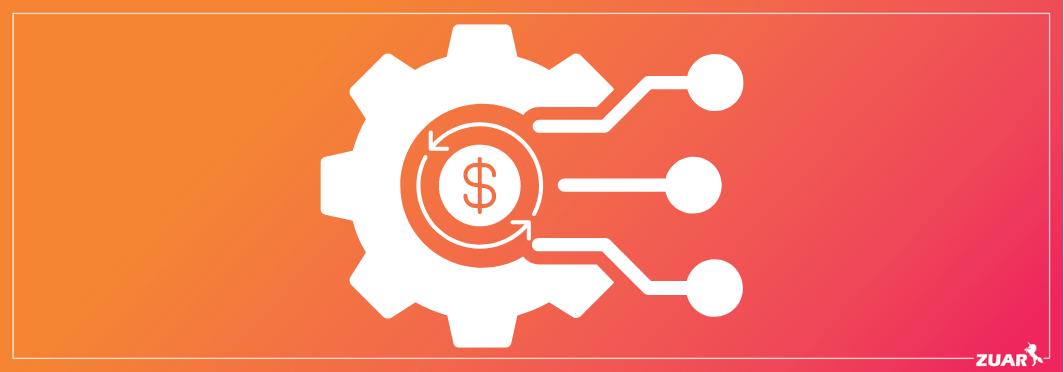

Frequently Asked Questions
What is meant by centralized data?
Centralized data refers to the practice of collecting all an organization's data from different sources in a single location, providing one central place for it to be managed and accessed more effectively. It is typically done using data warehousing services like Redshift, BigQuery, and Snowflake.
What is centralized and decentralized data?
Centralized data is stored and managed in one central location, while decentralized data is spread across multiple sources and requires several nodes or users to modify. The former makes it easier to back up and update, while the latter makes syncing data from each source harder.
Why should data be centralized?
Centralizing data provides a single platform for teams to access and collaborate on data, reducing redundancies and allowing for more efficient resource use.
It eliminates data silos, improves data governance and security practices, enhances collaboration, and creates a reliable single source of truth, enabling data-driven decision-making.
